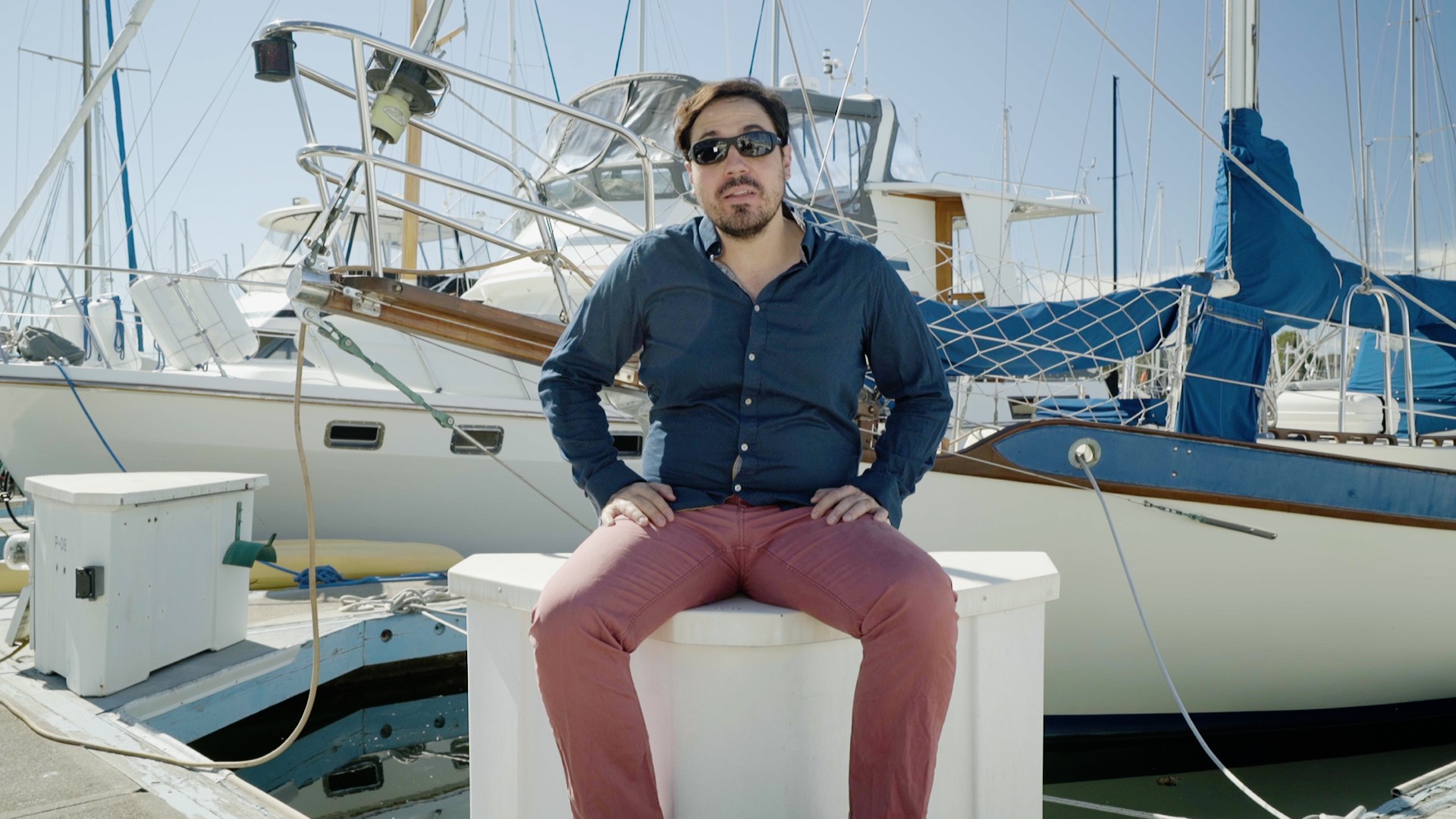Among every industry “disrupted” by the internet, few have been hit harder than local news. The advertising revenue of U.S. newspapers fell about 63 percent from its peak in 2005 to 2016. Over the past ten years, the ratings for local TV newscasts — previously a major moneymaker — also declined by 31 percent.The large majority of these ad dollars and views have gone to platforms like Facebook and Google. The two firms operate as a duopoly, which control 73 percent of the U.S. digital ad market. With sliding public trust in platforms contributing to the global Silicon Valley backlash, the duopoly is now looking to shake things up in an effort to restore its popularity and stave off regulation; it’s turning to local news. Just this week, Google and Facebook announced new initiatives to promote local media and get more “trusted” content in front of users.But many news industry analysts and executives remain skeptical that this kind of assistance from Facebook and Google — including promises to steer more traffic to local news — are steps toward building a more sustainable news ecosystem.“The issue is digital advertising is never going to be enough to sustain real local newsrooms for these publishers, so what good does the extra clicks do?” New York University journalism professor Jay Rosen wrote in an email.To start, Facebook said on Monday that its News Feed now shows users in the U.S. more content from local publishers and local news stories shared by friends, and the company plans to roll the same changes out to more countries soon. Facebook is also testing a separate, specialized feed for local news and government pages within the News Feed in six different cities.The purpose of Facebook’s new algorithm tweak to promote local news stories in the News Feed, as Mark Zuckerberg put it in his Facebook post on the announcement, is high-minded: “Local news helps build community — both on and offline.”Just over two weeks ago, Facebook also announced its News Feed would start surfacing less content from publishers (like, say, CNN or National Geographic) and instead, promote posts and comments from friends and family. Similar algorithm tweaks have already been tested on Facebook in smaller countries, such as Bolivia and Slovakia, and caused substantial traffic drops for those nations’ media markets.This isn’t the first time Facebook and Google have tinkered with local news. Google is funding a handful of local journalism fellowships, and through the local news trade association the Local Media Consortium, Google said it helped member companies — like McClatchy or Fair — save $110 million in “combined savings and revenues.” A Facebook spokesperson pointed VICE News to recent workshops the company conducted with local newsrooms, which included “product training, feedback sessions, and 1:1 help desks.”While the workshops don’t necessarily give local publishers more money, shifts like Facebook’s recent News Feed algorithm theoretically should. But publishers have a longstanding concern: These algorithm tweaks happen entirely behind the curtain. Publishers generally have to wait and see what happens to their traffic to figure out the impact of the changes.And unless these initiatives wean local news outlets off duopoly-mediated digital ad revenue and onto something more stable, they’re just “public relations” from Google and Facebook, according to Emily Bell, founding director of the Tow Center for Digital Journalism at Columbia University.“Good journalism is not financially viable in the advertising market created by large tech platforms. It just isn’t,” Bell said. “And I don’t think we have a clue for how to replace it.”News industry executives share Bell’s concerns, but are, for now, praising Google’s and Facebook’s interest in local news, particularly the latter’s new algorithm change.“What we don’t know is how the [Facebook] priority system will actually work and we will, therefore, be watching the implementation closely,” said David Chavern, CEO of the News Media Alliance, the newspapers’ trade association, in a statement to VICE News.“It’s not just words, it's action,” added Rusty Coats, CEO of the Local Media Consortium. “And is this the only thing that can save local media? Hell no.”Cover image: Mark Zuckerberg, chief executive officer and founder of Facebook Inc., waves after the morning session during the Allen & Co. conference in Sun Valley, Idaho, U.S., on Thursday, July 13, 2017. (David Paul Morris/Bloomberg via Getty Images)
Advertisement
What's new
Advertisement
In Google’s case, the company last week introduced a pilot local news app called Bulletin in Nashville, Tennessee and Oakland, California. Bulletin, as Google describes it, allows users (who don’t have to be professional journalists) to take photos and videos, write out text, and then publish directly to the web. It’s not publicly available yet — access is granted by request. The idea is that local publishers can use the app’s crowdsourced news to augment their news coverage, according to Google spokesperson Maggie Shiels.“Local publications can use this content for free if they find it useful or it enhances any of their work because it will be public and published under a Creative Commons licence,” Shiels told VICE News in an email. “A local reporter can't cover every event in town — take sports. There are scores of little league games, soccer matches, lacrosse, hockey, swimming, water polo, and tennis matches taking place every weekend. Add to that other community events, etc., and it is impossible to be at everything just in case something happens.”The model for Bulletin appears to be drawn directly from YouTube, which Google also owns. The app relies on free content created by users, but Shiels said that it won’t have any ads “whatsoever.” Beyond giving content that publishers can use to draw more clicks for themselves — inspired by another duopoly-owned source — there aren’t plans for Bulletin to steer revenue to local news organizations.“The issue is digital advertising is never going to be enough to sustain real local newsrooms for these publishers, so what good does the extra clicks do?”
Advertisement
"I don't think we have a clue"
